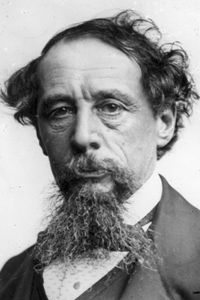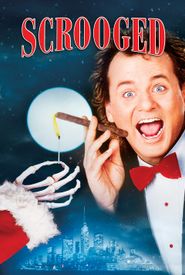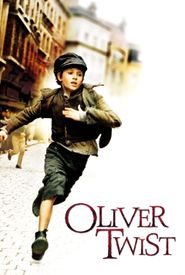Charles Dickens' father, a clerk at the Naval Pay Office, dictated the family's nomadic lifestyle, as they relocated from Plymouth to London to Chatham, due to the instability of his employment. This nomadic existence was coupled with a large family, which further exacerbated the financial struggles of Charles' father, who toiled tirelessly to provide for his family, yet still found himself unable to earn a sufficient income.
In 1823, Charles' father was arrested for debt, forcing Charles to abandon his education and seek employment in a factory, where he toiled for six shillings a week, labeling bottles. It wasn't until the economy began to flourish that Charles was able to return to his studies.
After completing his education, Charles commenced his career in a solicitor's office, where he honed his skills in shorthand and later became a reporter for the Morning Chronicle, covering courts of law and the House of Commons.
In 1836, Charles' literary endeavors culminated in the publication of his debut novel, "The Pickwick Papers", which garnered widespread acclaim and was followed by a string of successful novels, including "Oliver Twist" (1837),"Nicholas Nickleby" (1838-39),and "Barnaby Rudge" (1841).
In 1841, Charles embarked on a journey to America, during which he vocalized his support for the abolitionist movement, a stance that drew ire from the American press. In 1858, Charles divorced his wife, Catherine, with whom he had ten children.
Throughout the 1840s, Charles' social commentary became increasingly radical, and his comedic tone turned more biting, as exemplified in novels such as "David Copperfield" (1849-50),"A Tale of Two Cities" (1859),and "Great Expectations" (1860-61),which further solidified his reputation as a literary giant.
Charles' final novel, "The Mystery of Edwin Drood", remained unfinished at the time of his passing and was later published posthumously.





















































































































































